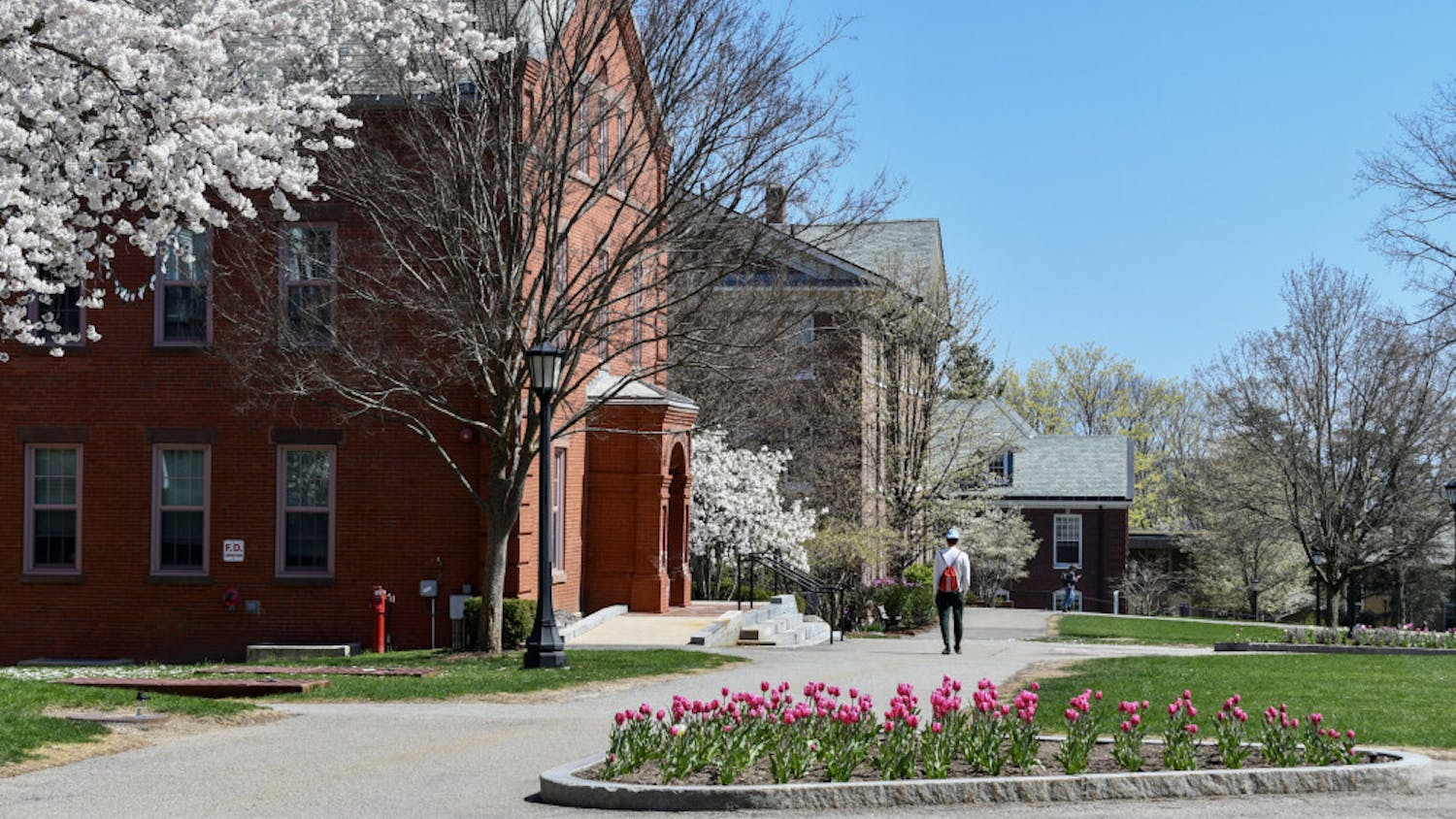Junior Samuel Bashevkin on Oct. 19 was awarded $10,000 from the Astronaut Scholarship Foundation for his accomplishments in the field of biology.
The award commends research conducted by college juniors or seniors in the science, technology, engineering or mathematics fields, according to Andrea Canterbury, communications manager for the Astronaut Scholarship Foundation.
The scholarship, established in 1984 by the Mercury Seven astronauts, began with $1,000 awards and has since grown to include grants of $10,000 given to 28 students from different colleges and universities across the country, Canterbury explained.
Dean of the School of Arts and Sciences Joanne Berger?Sweeney, University President Anthony Monaco and former NASA astronaut Jeffrey Hoffman were all in attendance at the award ceremony, which took place in the Alumnae Lounge.
Professor of Biology Jan Pechenik nominated Bashevkin, a biology major, for the award.
"[Bashevkin is] a really good student - he works hard, he has excellent grades and he enjoys thinking," Pechenik said. "He's not just taking courses to get a grade. He actually enjoys learning things."
The Astronaut Scholarship award is presented to students who possess a special sort of drive and who want to make a difference in the world through research, Canterbury said.
"I think probably every case is different, and I think they're looking for people who are really enthusiastic about doing research and who like to think, ask good questions and work carefully," Pechenik said. "They're also interested in people that are doing research that somehow relates to the goals of the [NASA] space exploration program."
Bashevkin believes that his research project on marine snails, as well as the recommendation from his advisor Pechenik, helped him win the award. He said the scholarship money will go towards his Tufts tuition, and that winning the award has improved his confidence.
"[Bashevkin is in the laboratory] at odd hours during the week, and sometimes he's here in the evenings and sometimes you see him on the weekends," Pechenik said. "I think it's that dedication to research that probably helped put him over the top. He thinks about what he's doing and why he's doing it, and he's never afraid to ask if there's something he's unsure about."
Bashevkin is particularly interested in marine biology, Pechenik said, explaining that Bashevkin's research focuses on marine snails between tide lines that are exposed to severe heat, freezing and dehydration.
"Trying to figure out how these animals would stand these kinds of intense stresses probably has some relationship to understanding how life might be able to cope with some of the stresses in space," Pechenik said.
Pechenik explained that Tufts is an ideal place to prepare students to win a scholarship of this caliber.
"I think it provides a lot of opportunities for students who want to go out of their way to learn and to actually try their hand at doing research, in any area, not just in science," he said.
Seventeen Tufts students have received the award since the scholarship program began, according to the Astronaut Scholarship Foundation website.
"Tufts has a really interesting combination of a dedication to undergraduate education, but also a faculty that is active in doing research that is internationally recognized," Pechenik said. "So for students who want to take advantage of that, we're here for them."





